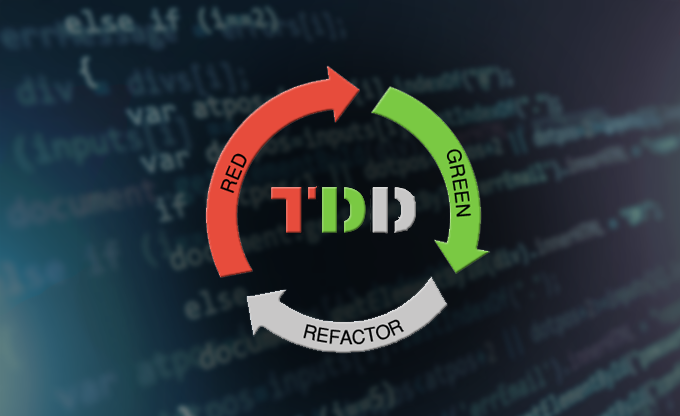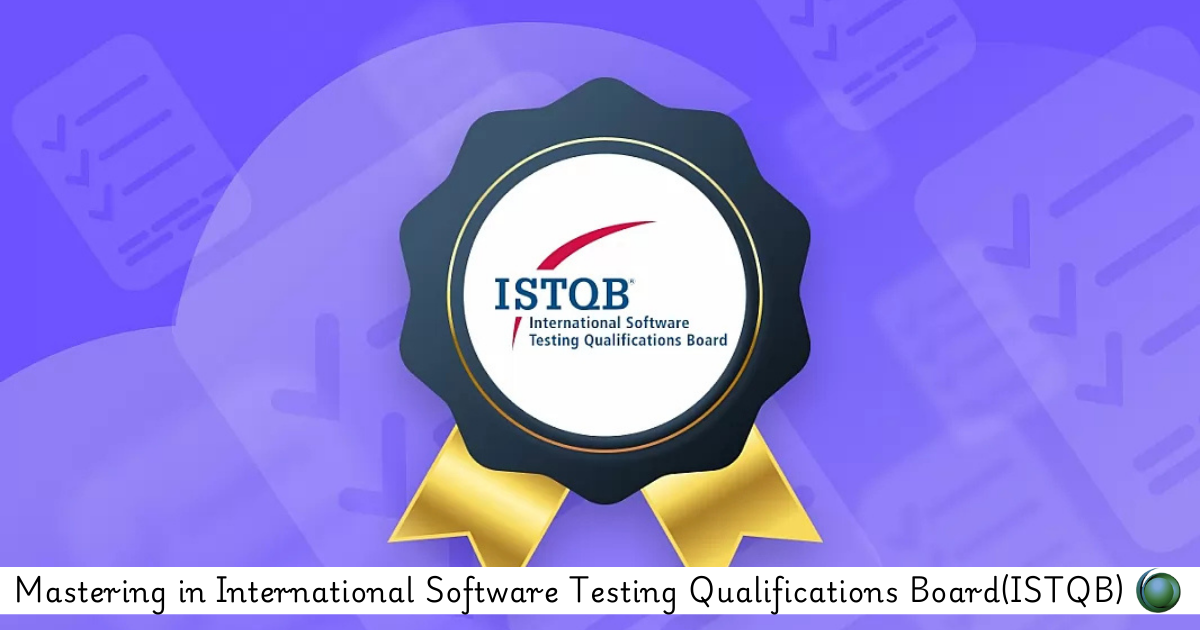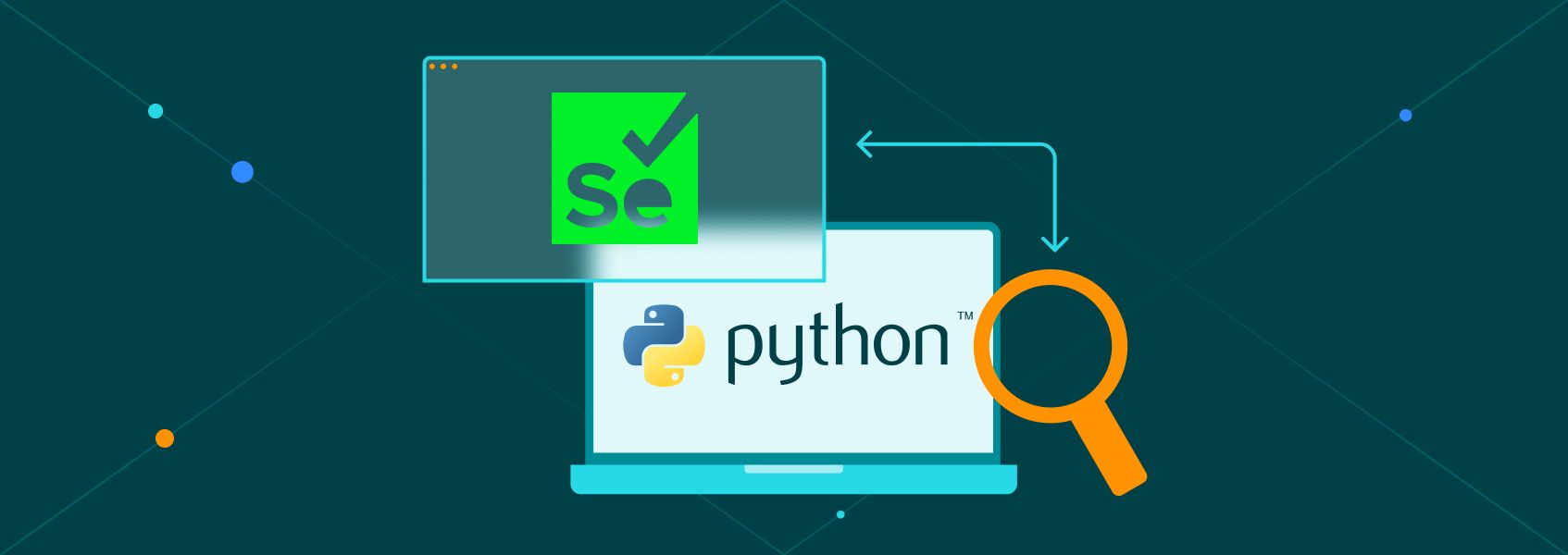Description
Introduction of Test-Driven Development(TDD)
Test-Driven Development (TDD) is an iterative software development approach that emphasizes writing test cases before writing the actual code. TDD encourages developers to focus on small, testable units of code, driving higher quality and maintainability. This training explores TDD principles, workflow, tools, and its integration into Agile practices. Participants will learn to enhance software reliability while fostering a test-first mindset.
Prerequisites of Test-Driven Development(TDD)
- Basic understanding of programming concepts.
- Familiarity with at least one programming language.
- Knowledge of software development lifecycle (SDLC).
- Exposure to unit testing concepts and tools (optional but helpful).
TABLE OF CONTENT
1.Introduction to Test-Driven Development
1.1 Definition and Overview
1.2 Historical Context
1.3 Benefits and Drawbacks
1.4 When to Use TDD
2.Fundamentals of TDD
2.1 The Red-Green-Refactor Cycle
2.2 Writing the First Test
2.3 Implementing the Code
2.4 Refactoring and Test Maintenance
3.Testing Frameworks
3.1 Popular Testing Frameworks (e.g., JUnit, NUnit, pytest)
3.2 Setting up a Test Environment
3.3 Writing Testable Code
4.Unit Testing
4.1 Defining Units in Software
4.2 Characteristics of Good Unit Tests
4.3 Mocking and Stubbing
4.4 Test Isolation
5.Acceptance Testing
5.1 Behavior-Driven Development (BDD)
5.2 Writing Acceptance Tests
5.3 Automated Acceptance Testing Tools
6.Continuous Integration and TDD
6.1 Integration with CI/CD Pipelines
6.2 Ensuring Code Quality
6.3 Automated Builds and Tests
7.Test Automation Best Practices
7.1 Test Naming Conventions
7.2 Test Data Management
7.3 Handling Test Dependencies
7.4 Dealing with Flaky Tests
8.Common TDD Patterns
8.1 Test Doubles (Mock, Stub, Spy)
8.2 Test Data Builders(Ref: Test Automation)
8.3 Test Hooks and Fixtures
9.TDD in Real-world Projects
9.1 Case Studies and Examples
9.2 Challenges and Solutions
9.3 Scaling TDD in Large Projects
10.TDD and Agile Development
10.1 Alignment with Agile Principles
10.2 TDD in Scrum, Kanban, and Other Agile Frameworks
11.Measuring and Improving Test Coverage
11.1 Importance of Test Coverage
11.2 Tools for Test Coverage Analysis
11.3 Strategies for Increasing Coverage
12.Debugging and TDD
12.1 Debugging Techniques in TDD
12.2 Balancing Debugging and TDD Practices
Conclusion:
Test-Driven Development is a transformative practice that not only ensures code quality but also fosters collaboration between developers and testers. By embedding testing into the development cycle, TDD leads to robust, maintainable software solutions. This training equips participants with the skills to adopt TDD, overcome challenges, and enhance their software development practices for long-term success.







Reviews
There are no reviews yet.